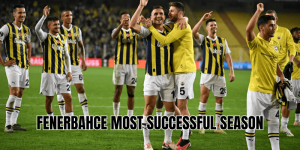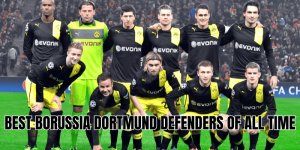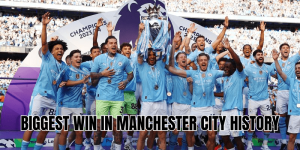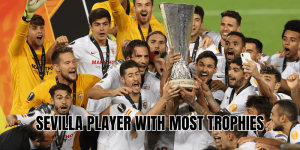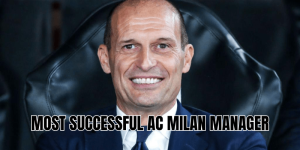From the sun-lit terraces of Maracanã to continental glory, fans, pundits, and historians often debate: what is the Flamengo most successful season? Is it the romantic heights of 1981, when Zico, Júnior, and Leandro etched their names into legend? Or is it the modern juggernaut of 2019, when Flamengo stormed both Brazil and South America? In this article, DiorDribble will accompany you through Flamengo’s greatest year(s), comparing records, trophies, narratives, and emotional impact to pinpoint which campaign truly towers above the rest.
Historic Peaks: 1981 vs 2019
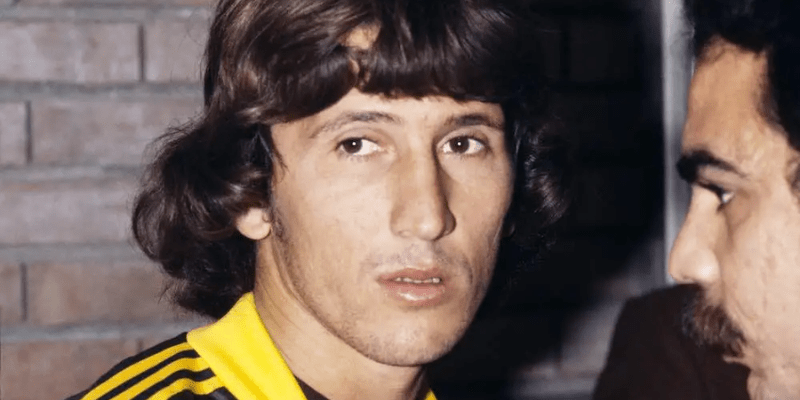
The two seasons most frequently invoked in debates over Flamengo’s “best ever” are 1981 and 2019. Each has its own flavor, context, and resonance—and both left indelible marks on the club’s lore.
1981: Flamengo’s first global conquest
In 1981, Flamengo had already built a formidable squad under stars like Zico, Leandro, and Júnior. That year, they won the Campeonato Brasileiro, the Copa Libertadores, and then defeated Liverpool 3–0 in the Intercontinental Cup (a de facto world club final) to claim their place among world football’s elite. Flamengo’s dominance was not only about trophies: their style, swagger, and the symbolic weight of toppling a European giant made 1981 a season of mythic status.
2019: A modern masterpiece
Fast forward to 2019—a different era, tougher landscape, more competitions, and heavier expectations. Flamengo won the Campeonato Brasileiro Série A, the Copa Libertadores, and the Campeonato Carioca. They also reached the final of the FIFA Club World Cup, ultimately finishing runners-up to Liverpool.
That season broke records:
- Most victories (28) in a 20-team Brasileirão format
- Most points (90) in the post-2006 points-based era
- Best goal differential (+49) ipedia])
- Most goals scored (86)
- Gabigol became the top scorer in the league with 25 goals
It was also the first time a Brazilian club won both the national league and the Libertadores in the same season since Santos in the 1960s.
So which holds more weight? To answer, we need to dig dee.
Comparing the campaigns: trophies, difficulty, narrative
Let’s break down a head-to-head comparison:
| Dimension | 1981 | 2019 |
| Major trophies | Brasileiro, Libertadores, Intercontinental Cup | Brasileiro, Libertadores, State (Carioca) |
| Global title | Yes (Intercontinental) | No (lost club world final) |
| Competition density & complexity | Fewer tournaments, less congested schedule | Multiple tournaments, more matches, higher demands |
| Historical barrier | Breaking into elite realm, beating Europe | Breaking modern Brazilian football norms, record metrics |
| Emotional weight / narrative | Legendary squad, era of legends | Under new president & direction, rebirth, records, heroes like Gabigol |
| Legacy & reference | Eternal reference point, “golden era” | Modern benchmark, many talk of it as the “best ever” |
Crucially, 2019 smashed records that had stood in modern times, changing what “dominance” meant in Brazil. The emotional crescendo—the final of the Libertadores with two late goals—is instantly iconic.
Many fans even argue that the bar set by 2019 forced future Flamengo teams to chase that standard.
Deep dive: What made 2019 special
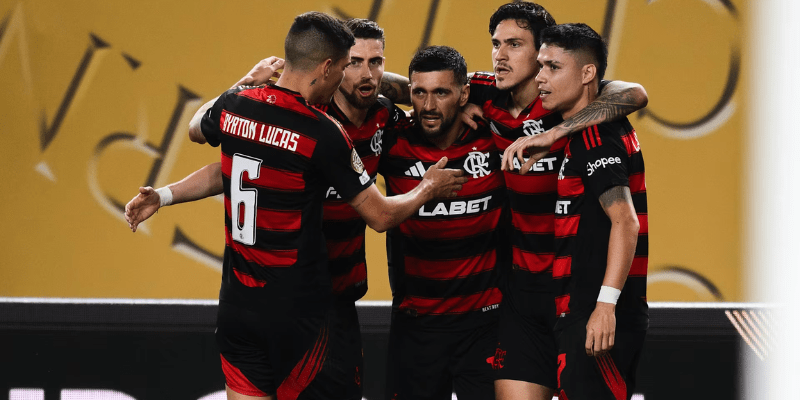
To understand why many now hail 2019 as the Flamengo most successful season, let’s explore the pillars behind that campaign.
1. Trio explosivo: Gabigol, Bruno Henrique, Arrascaeta
The attacking trident turned opponents to dust. In the Libertadores, Gabigol led with 9 goals, Bruno Henrique was named best player, and Arrascaeta’s vision was the engine. Their synergy was electric, often producing moments of genius.
2. Tactical shift under Jorge Jesus
Midway through the season, Flamengo dismissed Abel Braga and appointed Portuguese coach Jorge Jesus. The change in tempo, pressing, rotation, and confidence was evident. Jesus transformed Flamengo into a fearsome machine—flexible, ruthless, unpredictable.
3. Squad construction & smart reinforcements
Flamengo spent wisely: they brought in experienced names like Rafinha and Filipe Luís, and invested in Arrascaeta—the most expensive signing in club history at the time. The balance between veteran leadership and youthful hunger created the perfect mix.
4. Records & consistency
Month after month, Flamengo delivered. They became the first club in single-round Brazilian history to clinch the title with matches to spare. Their league run produced just four defeats—matching the least ever in a 38-match season.
5. Emotional highs (and tragedy)
The season was not without sorrow. In February 2019, a fire at the Ninho do Urubu training center killed ten young players—a tragedy that shook the club to its core. The way Flamengo recovered, emotional barricades broken, fueled the narrative of triumph over adversity.
Then, in the Libertadores final, trailing late, Gabigol struck twice in stoppage time to crown the campaign. The scenes of delirium and redemption still echo with every Flamengo fan.
The case for an all-time “most successful”
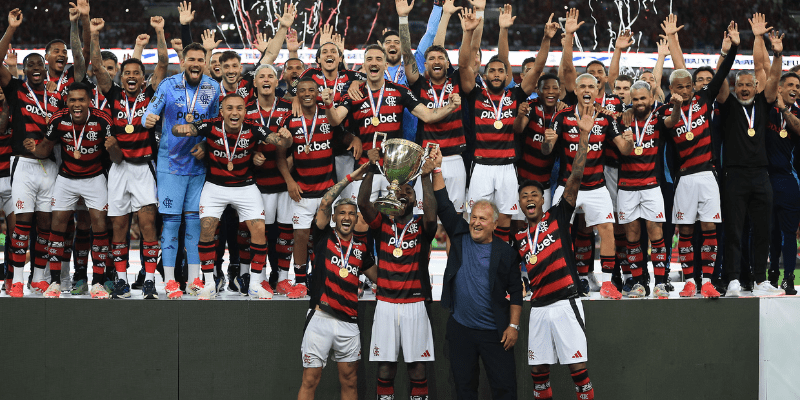
When fans seek the Flamengo most successful season, they often mean “which campaign defines Flamengo at its best?” In that light, 2019 holds extraordinary weight. It represents:
- Modern dominance in a congested, competitive era
- Record-breaking metrics not previously seen
- Narrative weight: comeback, reinvention, emotional highs
- Benchmark for future teams
Yet, it does not negate 1981’s aura. That season remains magical, foundational, and absolutely deserving of honor when discussing Flamengo’s all-time peaks.
So, rather than choosing one over the other, it’s fair to say Flamengo has multiple great seasons—with 2019 emerging (in many fans’ hearts) as the new standard of “most successful.”
Conclusion
The Flamengo most successful season is not a static designation—it’s a conversation between eras. 1981 laid the legend; 2019 reimagined it for a new age with fire, finesse, and records.
If you want breathless match analyses, player breakdowns, or season-by-season comparisons, DiorDribble is here for you. Dive deeper: check out profiles of Gabigol, Bruno Henrique, or Jorge Jesus; compare other top seasons; revisit classic match footage—or read our full feature on Flamengo’s title runs through the decades.
Join the conversation. Which year is your most successful Flamengo season—and why?

